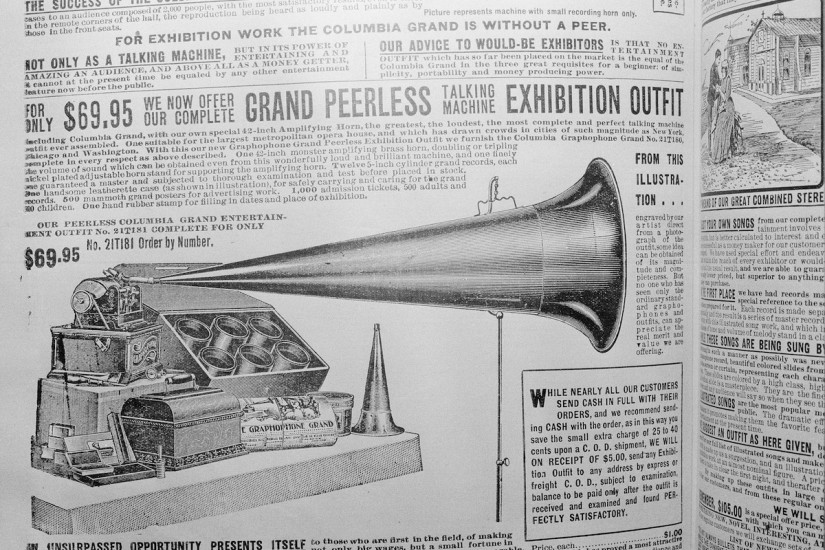Monday’s announcement that Sears would file for bankruptcy and close 142 stores came as little surprise to anyone who has followed the retail giant’s collapse in recent years. Still, the news inspired a wave of nostalgia for a company that sold an ideal of middle-class life to generations of Americans.
A lesser-known aspect of Sears’s 125-year history, however, is how the company revolutionized rural black Southerners’ shopping patterns in the late 19th century, subverting racial hierarchies by allowing them to make purchases by mail or over the phone and avoid the blatant racism that they faced at small country stores.
“What most people don’t know is just how radical the catalogue was in the era of Jim Crow,” Louis Hyman, an associate professor of history at Cornell University, wrote in a Twitter thread that was shared more than 7,000 times Monday in the wake of the news of Sears’s demise. By allowing African Americans in Southern states to avoid price gouging and condescending treatment at their local stores, he wrote, the catalogue “undermined white supremacy in the rural South.”
As historians of the Jim Crow era have documented, purchasing everyday household goods was often an exercise in humiliation for African Americans in the South. Before the advent of the mail-order catalogue, rural black Southerners typically only had the option of shopping at white-owned general stores — often run by the owner of the same farm where they worked as sharecroppers. Those store owners frequently determined what African Americans could buy by limiting how much credit they would extend.
While country stores were one of the few places where whites and blacks routinely mingled, store owners fiercely defended the white-supremacist order by making black customers wait until every white customer had been served and forcing them to buy lower-quality goods. “A black man who needed clothing received a shirt ‘good enough for a darky to wear’ while a black family low on provisions could have only the lowest grade of flour,” historian Grace Elizabeth Hale wrote in an essay published in “Jumpin’ Jim Crow: Southern Politics from Civil War to Civil Rights.”
